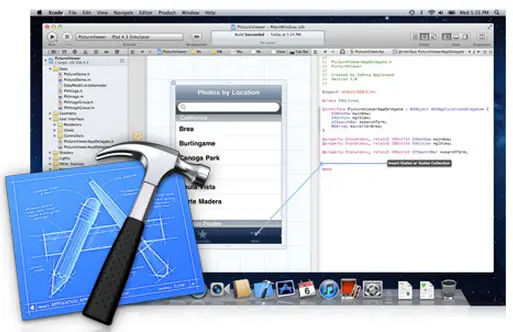

Also make sure the path exists in your system, and if it doesn't please make sure the SDK is properly installed, as it should come with the 'Command Line Tools' bundle mentioned above. the numbers right before '.sdk') matches your system's (in this case, Mac OS X 10.8 "Mountain Lion"), as it is possible to have more than one SDK installed. # SDK supportįirst, export the path to the SDK into the build environment: export SDK=/Applications/Xcode.app/Contents/Developer/Platforms/atform/Developer/SDKs/MacOSX10.8.sdk Using an installation prefix of '/usr' will result in a directory layout that mirrors that of Apple's default Perl, with core modules stored in '/System/Library/Perl/$' to for modules that are stored on a file server and used by many Macs. This is the recommended location for most users, and will leave the Apple-supplied Perl and its modules undisturbed. The default installation location for this release uses the traditional UNIX directory layout under /usr/local.

Also, earlier releases included a buggy libdb, so some of the DB_File tests are known to fail on those releases. If you want to do it from within Xcode, go to Xcode -> Preferences -> Downloads and select the 'Command Line Tools' option.īetween Mac OS X 10.3 "Panther" and 10.6 "Snow Leopard", the 'Command Line Tools' bundle was called 'unix tools', and was usually supplied with Mac OS install DVDs.Įarlier Mac OS X releases (10.2 "Jaguar" and older) did not include a completely thread-safe libc, so threading is not fully supported. Xcode is a pretty big app, so unless you already have it or really want it, you are advised to get the 'Command Line Tools' bundle separately from the link above. From Mac OS X 10.7 "Lion" onwards, it can be downloaded separately as the 'Command Line Tools' bundle directly from (you will need a free account to log in), or as a part of the Xcode suite, freely available at the App Store. In order to build your own version of Perl you will need 'make', which is part of Apple's developer tools - also known as Xcode. The latest Perl release (5.36.0 as of this writing) builds without changes under all versions of Mac OS X from 10.3 "Panther" onwards. This document briefly describes Perl under Mac OS X. Perlmacosx - Perl under Mac OS X #SYNOPSIS


 0 kommentar(er)
0 kommentar(er)
